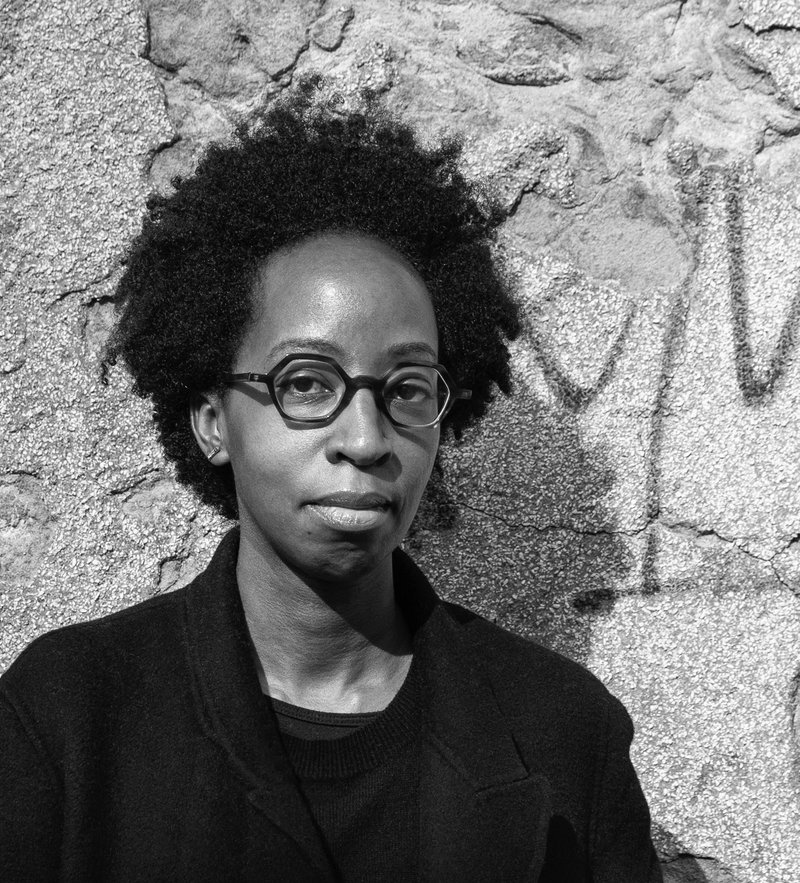Paula Nascimento

In 2022, 41 contemporary art curators, researchers, and museum directors from 24 different countries were awarded to attend the CIMAM 2022 Annual Conference. The CIMAM 2022 Annual Conference, titled "The Attentive Museum. Permeable Practices for a Common Ground", was held in Mallorca (Balearic Islands), Spain on 11–13 November, hosted by Es Baluard Museu d'Art Contemporani de Palma.
Paula Nascimento's Conference Report
As we are moving towards the end of a hectic year ( the post-pandemic moment when the art world's events returned to full scale), the CIMAM conference was undoubtedly one of the year's highlights.
This year's theme, "The Attentive Museum - permeable practices for a common ground", is essential, not just to museum professionals but also to independent ones – we all struggle to create a more fair and sustainable art sector, closer to the communities with whom and for whom we work, to address contemporary and relevant issues of our times.
Furthermore, being the 60th anniversary of the organisation, it was crucial to learn about its development and to notice a reflection on what the organisation is lacking. The effort to be more inclusive and to bring more professionals from specific regions that have been "off the map" is there and is essential to be part of this moment.
The first day was dedicated to questioning the museum's governance mechanisms and how they should be adapted to today's needs. Bart De Baere's presentation stating that "contemporary museums are not museums but art organisations. They're part of an 'art scene' not a 'museum scene', they work with living artists and are constantly re-defined/changed by them" set the foundations for the discussions on how we should think of museums today. Following that, Meskerem Assegued's presentation on the history of the ZOMA Museum in Addis Ababa provided an inspiring and thoughtful perspective on how and what a museum can be, despite the lack of funding and governmental interest, a reality that is very close to me and my practice.
The second day addressed the need to bring to the table other epistemologies and discussed the crisis of the colonial and Eurocentric Museum model. Denise Ferreira da Silva's inspiring keynote presentation and Sthembile Mzesane's poetic presentation "the seed is a memory of the fruit" addressed the issue of translation and the need for new protocols able to navigate the complexities of works and practices that embed other epistemologies and do not "fit" the white walls.
The last day was dedicated to learning from colleague's experiences under extreme contexts – Emily Jacir's compelling keynote presentation on the challenges and strategies for sustaining access to art and culture in a community under siege shifted the conversations from the space of the museums to contexts in which museums are non-existent and perhaps even not necessary. The work developed at the experimental platform Dar JAcir brought an understanding of how important it is to create an ethics of care in liminal spaces and strategies to transcend cartographic anxieties and geographic borders. As Jacir put it, "in a radical sense, hospitality is possible even in hostile spaces."
The workshop groups were an excellent way to critically engage with the themes raised in the presentations in more specific and directed conversations, despite the short time. It became clear that government bodies and political contexts demand specific responses – there is not one common ground. The visits to the Galleries and the city were an excellent opportunity to understand the local scene and to engage with artists' practices. The post-conference trips were a total delight.
The CIMAM experience has been very enriching. One in which I discovered a small, friendly, and supportive network of the best museum professionals and independent curators, open to conversations to share resources and establish potential collaborations. I am very thankful to the CIMAM team, who were very professional and welcoming, and to Mercedes Vilardell for making my participation in the conference possible and extending a call for more participation from the African continent in future editions.